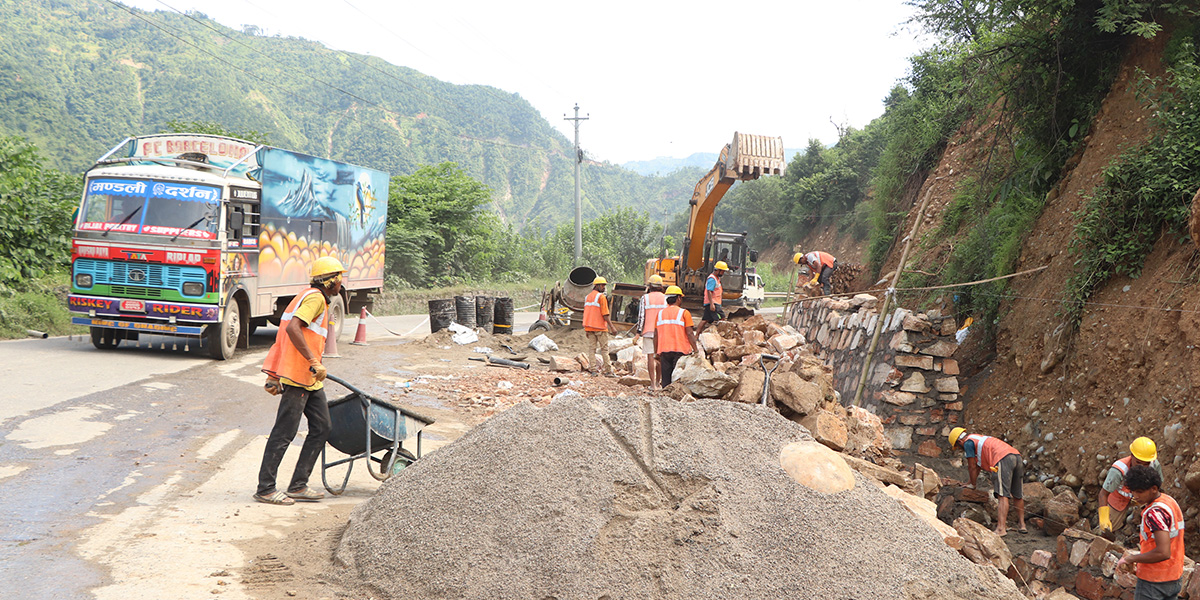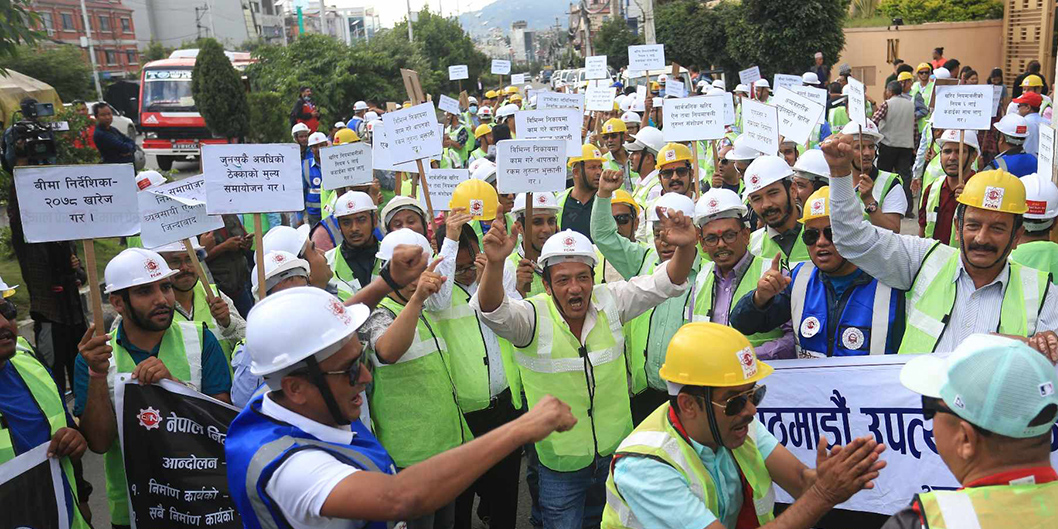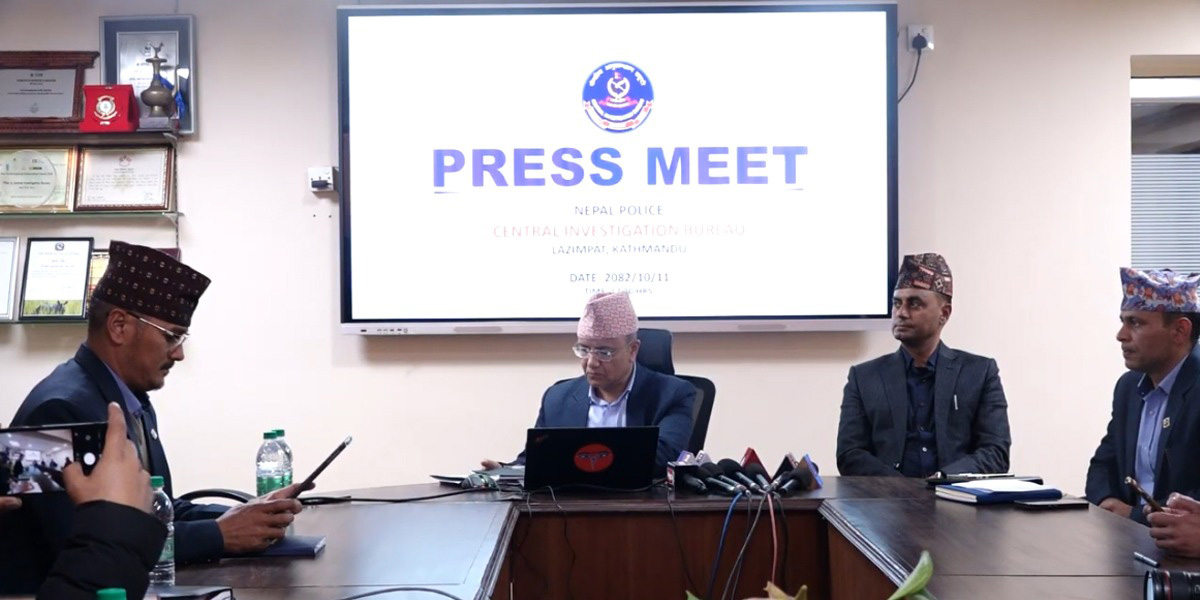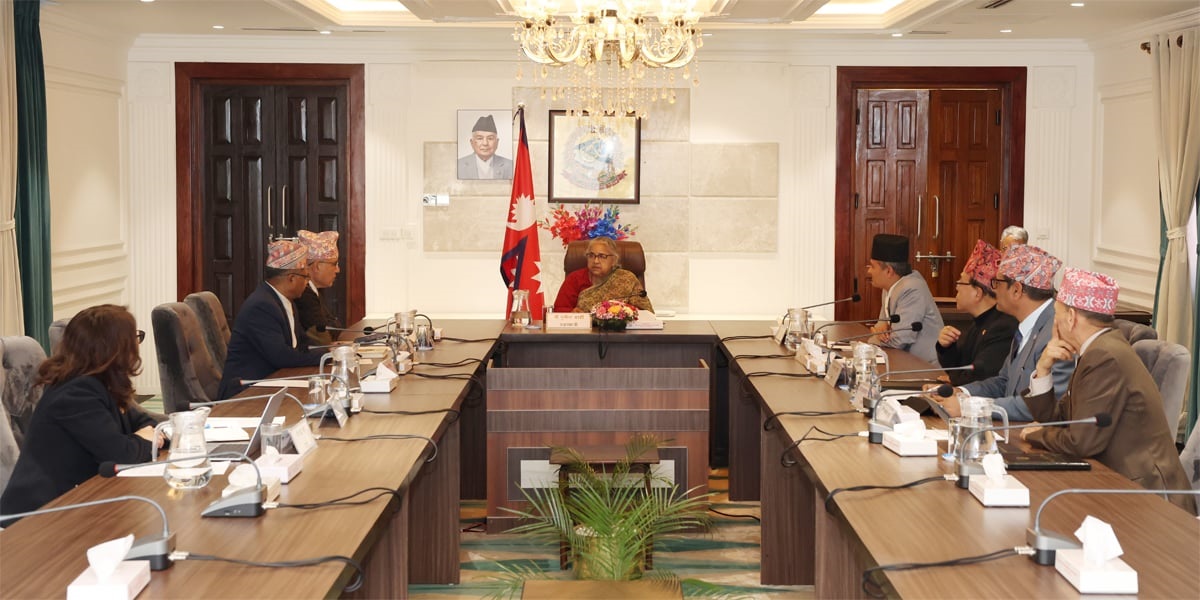
The construction sector is grappling with several issues at present. The government has failed to release payments to construction entrepreneurs for completed works, which has affected workers as well as several other companies dependent on this sector. Additionally, construction entrepreneurs have complained that political parties, government employees, and elected representatives are exploiting loopholes in the law to extract money from construction projects. Ramesh Bharati of Himal Press spoke with Ravi Singh, President of the Federation of Contractors’ Associations of Nepal, about the impact of delayed payments on the construction industry and other issues related to the construction sector. Excerpts:
Why has the government been delaying payments to construction entrepreneurs? How long have entrepreneurs been facing these issues?
Construction entrepreneurs have been grappling with issues of delayed payments since the Covid-19 pandemic. For over a year now, the government has been withholding payments citing various reasons. While the problem lies with both the government and entrepreneurs themselves, most of the challenges stem from the government’s practices. The government has been awarding construction contracts but withholding payments. This has forced entrepreneurs to protest instead of focusing on the projects. Additionally, a lack of coordination between the three tiers of government has exacerbated problems for construction entrepreneurs. Conflicting laws and policies at federal, provincial, and local levels have created hurdles for this business.
Delayed payments mean delays in development and construction work as well. Doesn’t this increase costs and add an extra burden on the government?
Indeed, the delay in payments by the government has led to delays in development and construction work. This situation inevitably increases costs as projects get prolonged, adding an extra financial burden on the government. When payments are not made on time, contractors face difficulties in managing resources which causes project timelines to slip. The additional expenses incurred due to extended schedules eventually get transferred to the government. This makes the overall development endeavors costlier.
After being denied payments for a long time, the Federation of Contractors’ Associations of Nepal (FCAN) launched a protest in July last year. Out of our nine demands, the government agreed to fulfill all but one. The government still owes construction entrepreneurs more than Rs 60 billion in payments for completed works. The government has been citing a lack of funds and other issues for the delay in releasing payments. Although this is adding a financial burden to the state, no serious initiative has been taken to address the situation.
How many projects have pending government payments?
Payments are pending for more than 2,200 projects. Except for projects executed by donor agencies, all other projects are suffering from this problem. These delayed payments have saddled numerous construction entrepreneurs with debts. On the other hand, the government’s failure to expedite capital spending has compounded woes for the construction sector. As a result, many construction workers are becoming jobless and industries are operating at only 25-30% of their installed capacity.
What are the challenges that construction entrepreneurs are facing at present?
One major challenge that construction entrepreneurs are facing is that the government has been awarding tenders for more projects than its capacity can handle. This overstretching of resources is becoming the main problem at present. Projects are being tendered haphazardly. Elected representatives seem more focused on building infrastructure instead of formulating laws and policies. Employees at the development ministries appear to be under political pressure to issue tenders without ensuring the availability of necessary resources. Former Finance Minister Dr Prakash Sharan Mahat had acknowledged the government’s inability to manage payments effectively. Stating that projects worth Rs 400 billion were under implementation, Mahat admitted that the government was not in a position to release payments promptly. He was speaking the truth about the precarious financial situation.
There are three tiers of government in the country. Entrepreneurs might also have to pay a significant amount in kickbacks as well?
The biggest problem in the construction sector is the prevalence of kickbacks. Construction entrepreneurs must appease government employees, political parties and local authorities for every project. Otherwise, their projects face the risk of disruptions. These people exploit loopholes in the law to extract money from contractors. Our laws themselves are riddled with provisions that promote bribery. The federal system’s main weakness lies with the government employees. Another weakness is the political leadership. Employees at all three levels accuse construction entrepreneurs of not working diligently but award tenders for projects without ensuring the availability of resources.
What kind of law is needed to eliminate such malpractices?
The current law allows a construction company to take up a maximum of five projects simultaneously. This provision is one of the main reasons behind the failure of construction companies to complete projects on time. The practice of awarding contracts to companies without capacity and know-how has also contributed to project delays and quality issues. Since firms are permitted to take on more projects that they can handle, it has resulted in delays and compromised work quality. Incapable construction companies are also being awarded tenders based on political influences rather than merit. One solution to do away with this could be to award projects based on ‘bid capacity’ which is a globally accepted practice.
Another issue is that different laws are applied to different types of construction work. The existing legal framework needs to be amended to provide a more unified and streamlined set of regulations. Instead of focusing on control mechanisms, the emphasis should be on developing laws that facilitate activities in every sector. Infrastructure-friendly acts, including a dedicated Construction Business Act, need to be formulated. Best practices from the legal provisions for construction businesses in developed countries can be adopted while drafting our law.
How many workers are employed in the construction industry? How are they managing their daily lives?
Since many sectors are directly or indirectly linked to the construction industry, it is difficult to provide the exact numbers. The construction sector has more than 24,000 affiliated entrepreneurs. Likewise, approximately two million direct and indirect jobs are generated by this sector. An estimated 500,000 to 700,000 workers could be foreign nationals. With the government failing to make payments on time, workers employed in this sector are also facing financial hardships and uncertainties regarding their livelihoods.


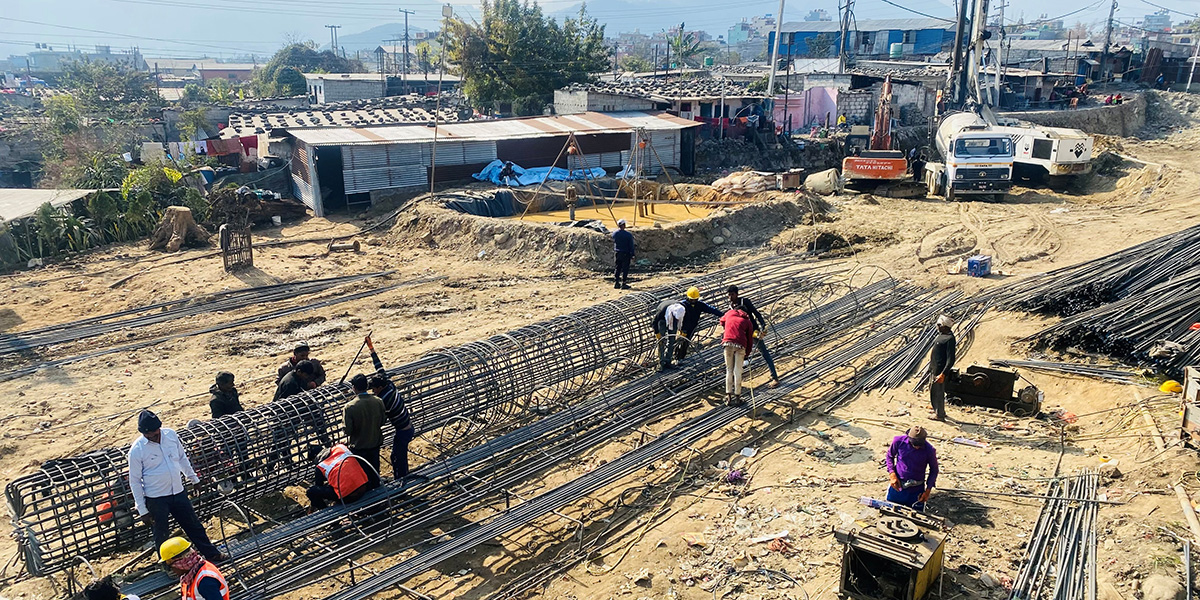
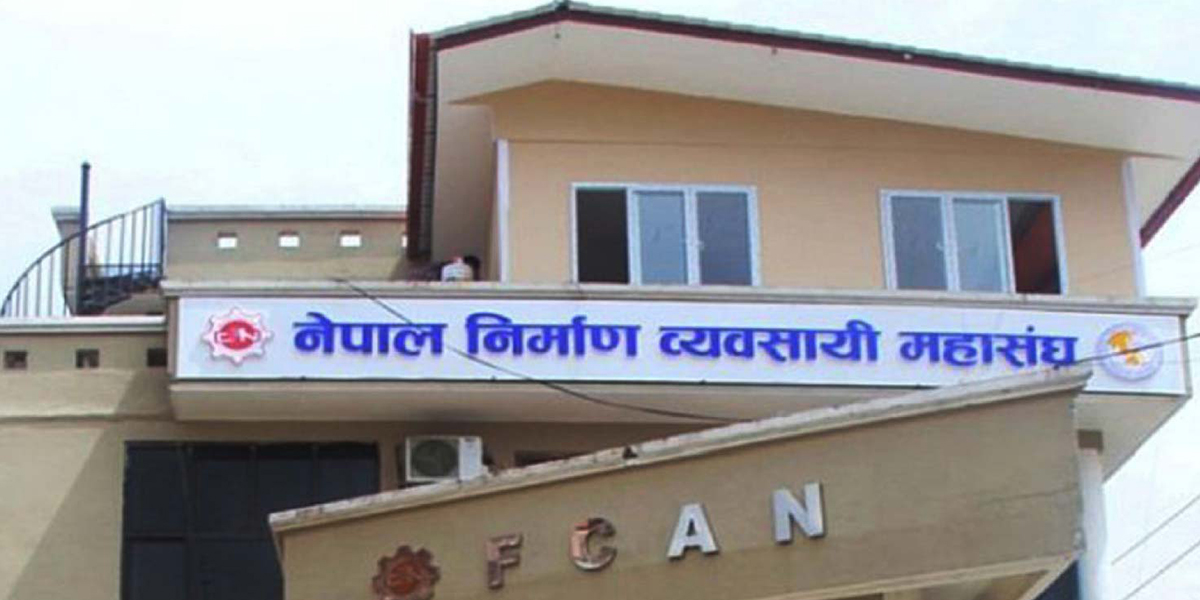

![Suryabinayak-Dhulikhel road widening works underway [In Pictures]](https://en.himalpress.com/wp-content/uploads/2024/04/suryabinaya_dhulikhel_sadak-17.jpg)
